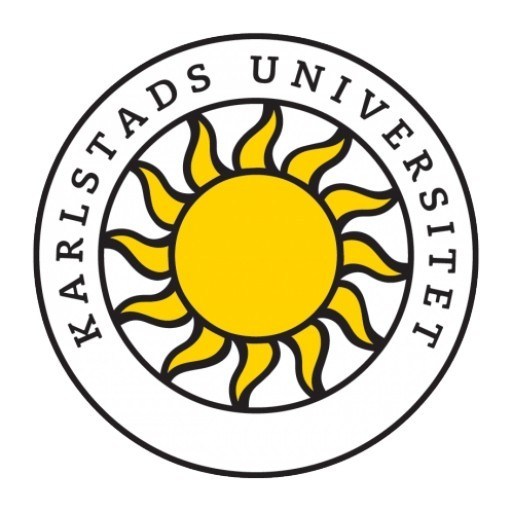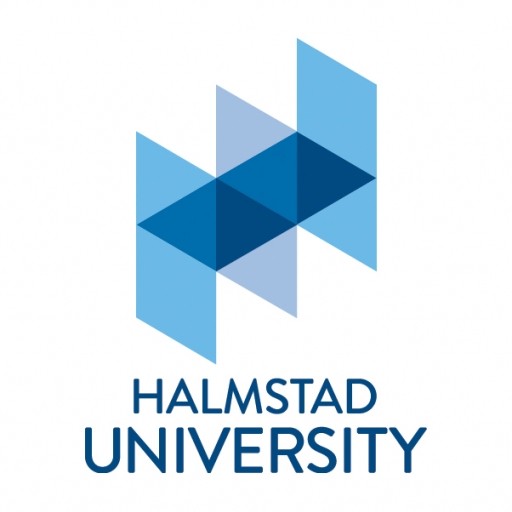Photos of university / #karlstadsuniversitet
The Bachelor's Programme in Business and Economics with Specialization in Accounting and Control at Karlstad University offers students a comprehensive education designed to prepare them for a dynamic and demanding career in the fields of accounting, finance, and business management. The programme provides a solid foundation in economic theory, business administration, and accounting principles, combined with practical skills and insights necessary for effective financial analysis, reporting, and control within various organizations. Throughout the programme, students engage in a variety of coursework including financial accounting, managerial accounting, auditing, corporate governance, and control systems, ensuring they develop a thorough understanding of how financial information is generated, analyzed, and utilized for strategic decision-making.
Designed for students who aspire to work in roles such as accountants, auditors, financial controllers, or management consultants, the programme emphasizes both theoretical knowledge and hands-on experience. Students have opportunities to participate in case studies, group projects, and internships that provide real-world exposure and foster critical thinking, problem-solving, and teamwork skills. The curriculum also emphasizes ethical considerations and sustainability in business practices, ensuring graduates are well-equipped to contribute responsibly to society and the economy.
The programme is taught in English by faculty with extensive academic and professional expertise in accounting and control. It incorporates modern teaching methods, including lectures, seminars, workshops, and digital learning tools, to facilitate active learning and engagement. Graduates of this programme will possess a robust set of analytical and communication skills, as well as a global perspective on economic and financial issues, making them highly competitive in the Swedish and international job markets.
Upon completion, students are eligible for various professional roles within private companies, public sector organizations, accounting firms, and consultancy agencies. Many graduates choose to continue their education through master's programmes in accounting, finance, or business administration to further deepen their expertise and enhance their career prospects. The programme's strong emphasis on practical skills, ethical responsibility, and global outlook prepares students to meet the challenges of today’s complex and constantly evolving economic environment.
The Bachelor's Programme in Accounting and Control at Karlstad University is designed to provide students with a comprehensive understanding of financial management, accounting principles, and control systems essential for contemporary business environments. Throughout the programme, students will acquire a solid foundation in accounting methods, financial reporting, and auditing, enabling them to analyze and interpret financial data effectively. The curriculum emphasizes both theoretical knowledge and practical skills, ensuring graduates are well-equipped to enter various roles within the accounting and finance sectors. Students will explore key topics such as managerial accounting, financial analysis, taxation, and budgeting, gaining insight into how organizations plan, control, and evaluate their financial activities. The programme also covers internal control and risk management, vital components for ensuring organizational stability, compliance, and strategic decision-making. With a focus on ethical standards and sustainability, students will develop a professional approach to accounting that considers social and environmental responsibility. Instruction includes lectures, case studies, group projects, and internships, facilitating active learning and real-world application. Throughout the studies, students are encouraged to develop critical thinking, analytical skills, and problem-solving abilities. The programme also prepares students for certifications such as the Swedish Certified Accountant or for further studies at the master's level, including specializations in auditing, financial management, or corporate governance. By completing this programme, graduates will be qualified for employment in accounting firms, financial departments of companies, public sector organizations, and international corporations, where they can contribute to effective financial strategy and control. The educational environment at Karlstad University fosters close contact with faculty members and industry professionals, providing valuable networking opportunities and insights into current industry practices. Overall, the Bachelor's Programme in Accounting and Control aims to develop skilled, responsible, and ethical accounting professionals ready to meet the demands of today's dynamic economic landscape.
Program requirements for the Master's Programme in Accounting and Control at Karlstad University typically include a completed Bachelor's degree in Business Administration, Economics, or equivalent qualifications. Applicants must demonstrate proficiency in English, usually through standardized tests such as IELTS or TOEFL, meeting the university's minimum score requirements. Additionally, relevant work experience or prior academic coursework in accounting, auditing, or finance may strengthen the application. The program may also require a statement of purpose outlining the applicant’s motivation and career objectives, along with letters of recommendation from previous academic instructors or employers. A CV detailing academic and professional background is often expected as part of the application package. Candidates are encouraged to meet specific prerequisites, such as foundational knowledge in accounting principles, financial reporting, and management control systems, although these may be covered during the initial coursework. The selection process prioritizes applicants with strong analytical skills, quantitative capacities, and a clear interest in accounting and corporate governance. International students should ensure their qualifications are equivalent to Swedish standards and submit translations if necessary. The university may also consider additional factors such as extracurricular activities or participation in professional organizations related to accounting. Once admitted, students are typically required to complete a set curriculum that includes core courses in accounting practices, control systems, corporate finance, and auditing, along with elective modules tailored to specific interests within the field. The program aims to prepare graduates for roles in auditing firms, financial departments, consulting firms, or governmental agencies. It may also serve as a stepping stone for further studies or research in accounting and control disciplines. Overall, meeting these requirements ensures candidates are well-equipped to undertake advanced studies and succeed in the dynamic field of accounting and control.
The Accounting and Control program at Karlstad University offers students a comprehensive education in financial management, accounting principles, and control systems. The program is designed to equip students with the necessary skills to analyze financial information, prepare financial statements, and understand the regulatory environment surrounding accounting practices. Tuition fees for international students enrolling in this program are structured to reflect the high-quality education provided, although specific figures can vary depending on year and funding structures. Typically, the tuition fee for a full-time master's program at Karlstad University ranges from approximately 95,000 to 125,000 SEK per academic year, but exact fees for Accounting and Control should be confirmed through official university communications. Funding options for students are available through several channels. International students may apply for scholarships offered by Karlstad University, which are merit-based and competitive. Additionally, students may seek external funding from government and private sources depending on their country of origin. The university also provides guidance on financial planning and access to student loans for Swedish residents. The program's industry connections and collaboration with local businesses could provide students with internship opportunities, potentially leading to part-time work to support their studies financially. Furthermore, some students may qualify for research or teaching assistant positions depending on their academic performance and departmental needs. The cost of living in Karlstad involves expenses related to accommodation, transportation, food, and study materials. The city offers a relatively affordable environment compared to larger Swedish cities, making it feasible for students to manage their finances during their studies. Overall, financing the Accounting and Control program at Karlstad University involves a combination of tuition fees, scholarships, potential part-time employment, and personal savings or loans. Planning ahead and exploring all available financial support options is recommended for prospective students to ensure they can comfortably finance their education and living costs throughout the duration of their studies.
The Bachelor's programme in Accounting and Control at Karlstad University offers students a comprehensive education in the fields of accounting, financial management, and business control. Designed to prepare students for a variety of careers within the financial sector, the programme combines theoretical knowledge with practical skills to ensure graduates are well-equipped to handle complex financial tasks in diverse organizational contexts. The programme typically spans three years, amounting to 180 ECTS credits, and aims to develop students' analytical abilities, problem-solving skills, and understanding of financial regulations and standards.
Throughout the programme, students will engage with courses covering financial accounting, management accounting, auditing, corporate finance, and control systems. Emphasis is placed on developing a solid foundation in accounting principles, while also exploring strategic decision-making processes and the use of information technology in financial control. Students will learn to analyze financial data, interpret financial statements, and contribute to organizational decision-making processes with an ethical perspective. Additionally, the programme may include modules focused on sustainability and corporate social responsibility, reflecting contemporary trends in financial management.
The programme fosters critical thinking and encourages students to apply their knowledge in real-world scenarios through case studies, project work, and possibly internships. Interaction with industry professionals and participation in seminars and workshops enhance practical understanding and networking opportunities. The teaching methodology combines lectures, group work, and independent studies, ensuring a dynamic learning environment that supports student engagement.
Graduates of the programme are prepared for roles such as accountants, auditors, controllers, financial analysts, or advisors within private companies, public organizations, or government agencies. The programme also provides a strong foundation for further studies at the Master's level in areas such as accounting, finance, or business administration. Karlstad University is known for its supportive academic community, modern facilities, and strong links with the business sector, offering students opportunities to develop both professionally and personally.
Language of instruction is primarily English, catering to international students and aiming to prepare graduates for the global job market. Admission requirements typically include a university entrance qualification and proof of English proficiency. The programme is accredited and regularly updated to reflect changes in legislation and industry standards, ensuring that students receive relevant and current education. Overall, the Bachelor's in Accounting and Control at Karlstad University provides a thorough understanding of financial processes and control mechanisms essential for success in various financial and managerial roles.








